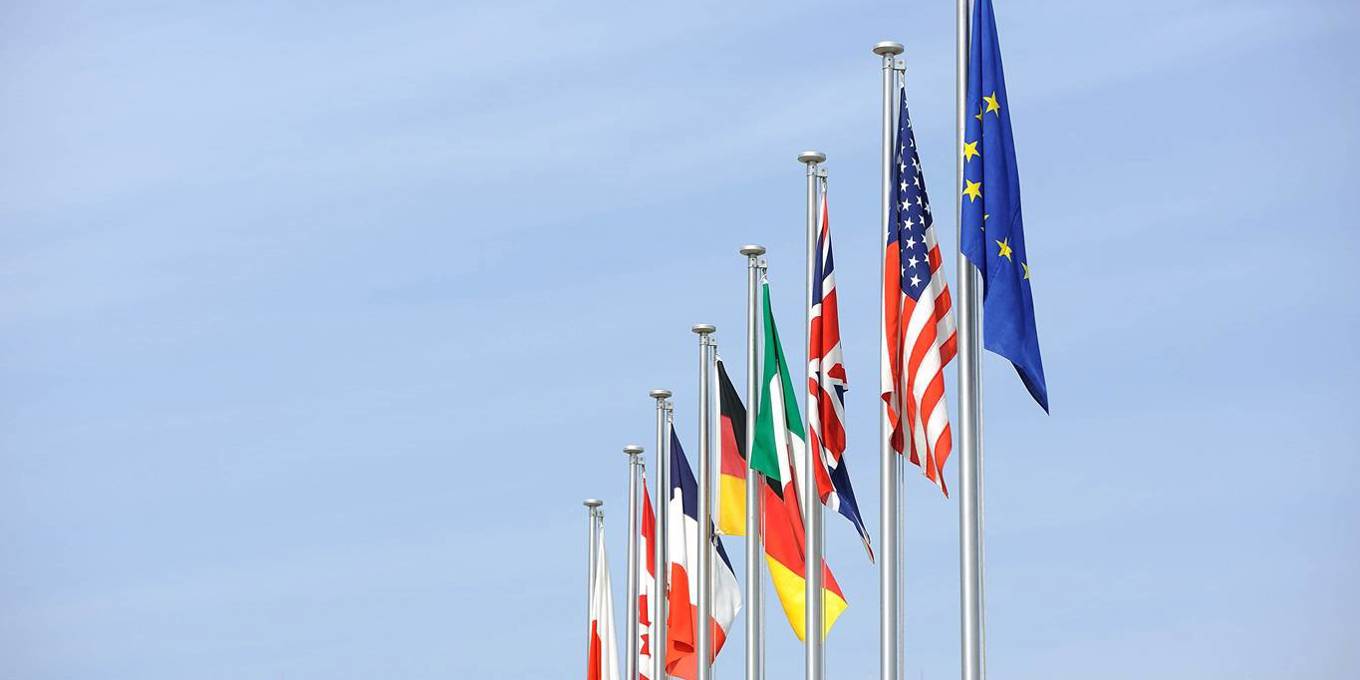
Despite rising global tensions, the G7 remains a formidable and influential grouping, and it has a responsibility to act boldly in boosting shared prosperity. To that end, it must replenish the International Development Association, reallocate special drawing rights, and push for debt-pause clauses at this week’s summit.
LUSAKA – In the two years since Barbadian Prime Minister Mia Amor Mottley and I urged G7 and G20 countries to construct a fairer, more efficient global financial system, significant progress has been made. Wealthy countries have started to re-channel special drawing rights (SDRs, the International Monetary Fund’s reserve asset) to countries in need, while multilateral development banks (MDBs) have begun to implement reforms.
- The Indian Election and the Country’s Economic Future
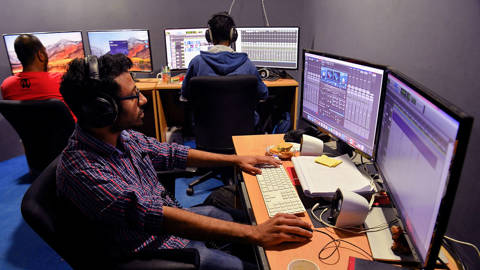 Manjunath Kiran/AFP via Getty Images
Manjunath Kiran/AFP via Getty Images - The “Billions to Trillions” Charade
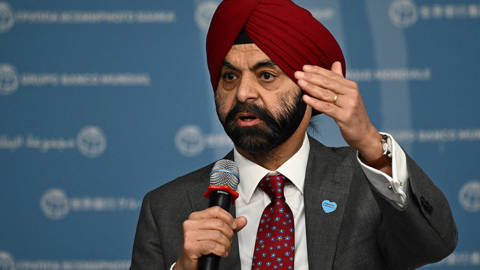 Mandel Ngan/AFP via Getty Images
Mandel Ngan/AFP via Getty Images
Free to read
- What the AI Pessimists Are Missing
 Philipp von Ditfurth/picture alliance via Getty Images
Philipp von Ditfurth/picture alliance via Getty Images
Moreover, special attention has been paid to mitigating the effects of climate change. The World Bank introduced “pause clauses” in new loan agreements so that countries hit by natural disasters or similar catastrophes do not have to make debt-service payments. At last year’s United Nations Climate Change Conference in Dubai (COP28), international policymakers launched the first-ever Loss and Damage Fund to help developing countries address the effects of global warming.
But when G7 leaders convene in Apulia, Italy, on June 13-15, they must resolve to do more to build a resilient, equitable, and sustainable future. The climate crisis is accelerating faster than expected. My country, Zambia, is currently grappling with devastating drought conditions, exacerbated by the return of El Niño – a weather phenomenon that can cause dramatic effects globally. The agriculture sector, which forms the economy’s backbone and provides livelihoods for millions of Zambians, has been hit particularly hard. Crop yields have plummeted, water supplies have dwindled, and food prices have soared, leading to a steep increase in malnutrition.
Despite the growing importance of other international forums amid rising geopolitical tensions, the G7 still has the power – and the responsibility – to take the lead in combating climate change, global hunger, and extreme poverty. But to play its proper role, member countries must take decisive action at the upcoming summit.
To have the biggest impact, the G7 should focus first on replenishing the resources of the International Development Association, the World Bank’s fund for the lowest-income countries and a highly effective source of assistance. The IDA’s 21st funding cycle (IDA21) offers an opportunity to address some of today’s most pressing challenges, as it will provide a lifeline for those bearing the brunt of the climate crisis and facing food insecurity.
Given that G7 countries account for roughly two-thirds of donor contributions to the IDA, they are in a unique position to ensure that IDA21 is fully funded or, ideally, to achieve the ambitious $120 billion replenishment target set by 19 African heads of state. But to do so, the G7 must reverse the trend of declining donor contributions, which have dropped steadily from their peak in 2012, and commit to an increase of at least 25% in real terms from the previous funding cycle.
For just $1, you can unlock a three-month trial subscription to PS Digital. 
For just $1, you can unlock a three-month trial subscription to PS Digital.
With your trial Digital subscription, you would enjoy full access to our suite of subscriber-exclusive content, the full PS archive, and all of the newest insights from PS contributors on economics, politics, and more.
START YOUR TRIAL NOW
In addition to ramping up funding for IDA21, the G7 should take advantage of a new mechanism that could put their unused SDRs to work. Nearly three years after the IMF’s historic allocation of $650 billion in SDRs, it approved their use for hybrid-capital instruments. This innovative approach allows countries to channel their SDRs through regional MDBs, which could then leverage these funds by a factor of four, mobilizing much-needed finance for developing countries’ green transitions and agricultural reform.
The G7 must throw their weight behind the hybrid-capital scheme and provide support for the African Development Bank (AfDB), one of the initiative’s first beneficiaries. Paving the way for effective and transformative investments in African countries – including Zambia – also requires a successful replenishment of the AfDB’s Africa Development Fund.
Lastly, at a time when developing countries are contending with mounting debt levels, expanding the use of pause clauses, which offer a cost-neutral mechanism to creditors while providing meaningful relief to countries in crisis, is crucial. In December, the World Bank, under Ajay Banga’s leadership, incorporated these clauses into existing loan agreements for 45 small islands and states, not just new loans. The G7 must build on this momentum by pushing for pause clauses in the existing loan agreements of all low-income countries and by advocating a wider range of covered shocks. Broader implementation of such clauses would ensure that countries can focus on recovery and reconstruction efforts in the aftermath of a disaster.
These are important first steps in reforming the global financial system, but the G7 should set its sights on long-term changes to support much higher levels of public investment in African and other developing countries. As a formidable grouping with far-reaching influence, the G7 has a responsibility to act boldly in boosting shared prosperity. By fully replenishing IDA21, recycling their SDRs, and advocating comprehensive pause clauses, G7 countries can help lay the groundwork for a greener, healthier, and more just world for us all.

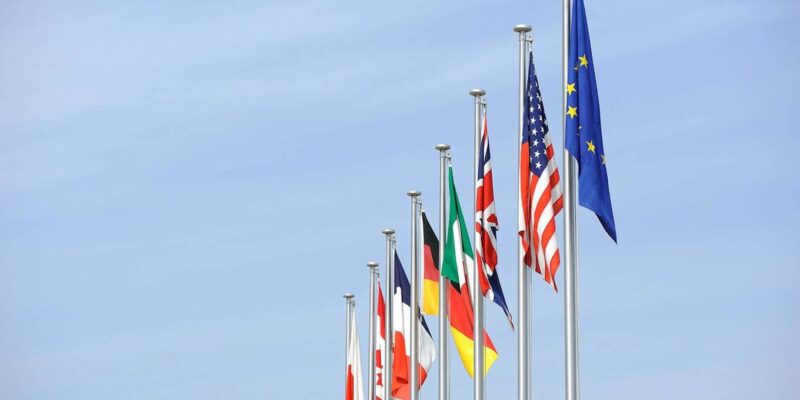
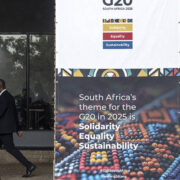
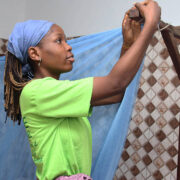


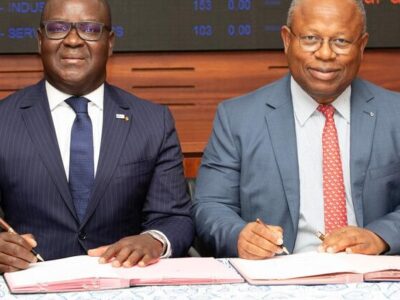
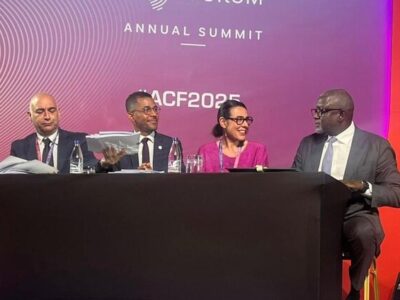
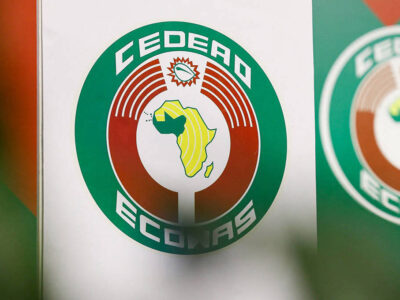
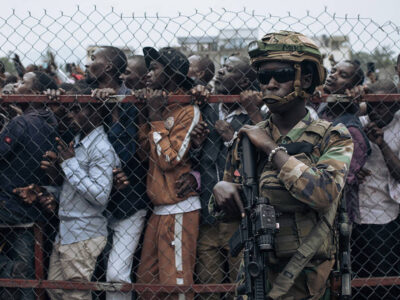

Comments